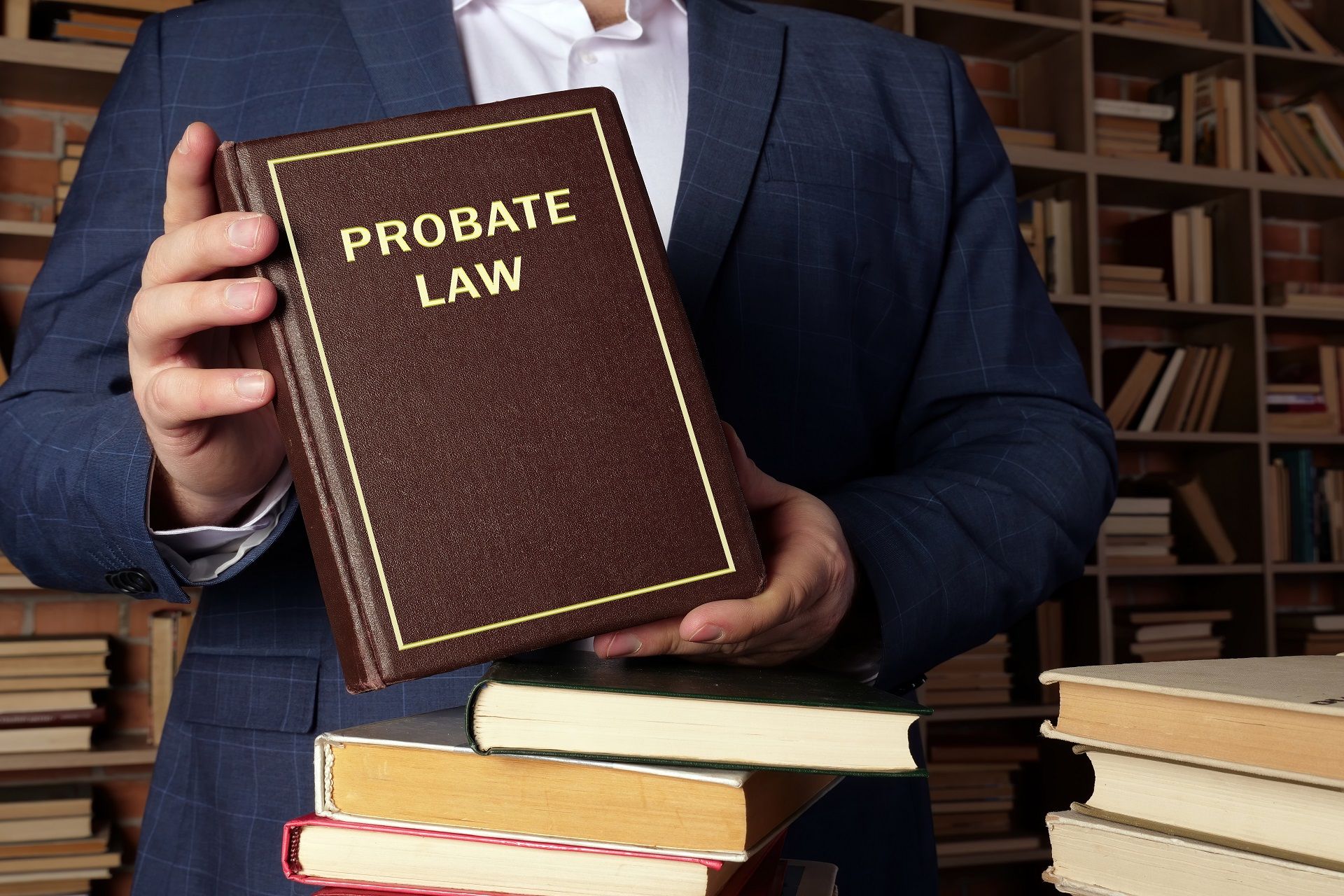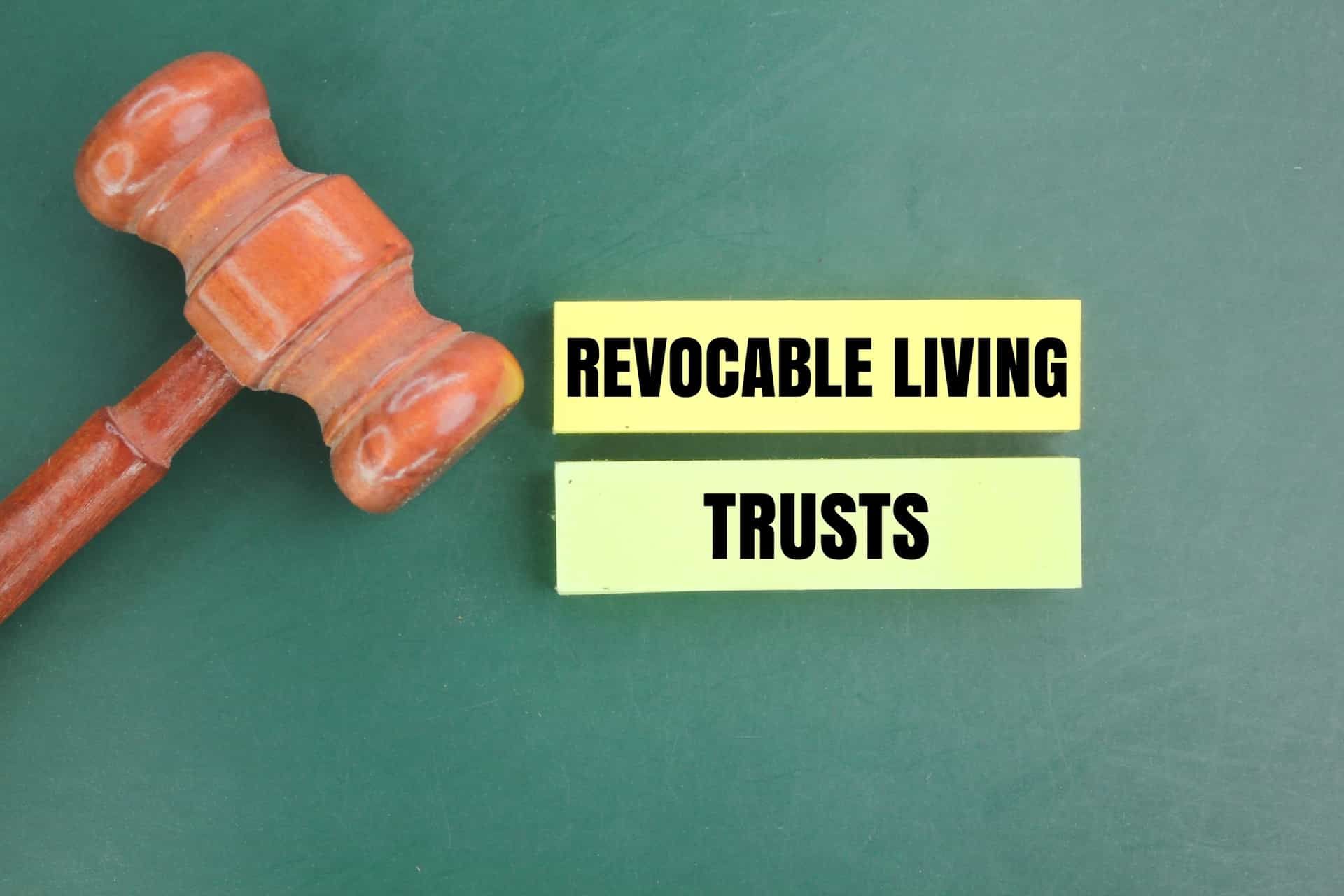What is Probate Attorney and Why Do You Need - Complete Guide

Navigating the complexities of probate can be a daunting task, especially during a time of loss. While you might be tempted to handle things on your own, there are numerous legal intricacies involved that require specialized knowledge.
This is where a
probate attorney comes into play. Understanding why you would need a probate attorney can help ease the emotional and financial toll of estate settlement, ultimately ensuring a smoother process for all parties involved.
What is Probate?
Probate is the legal procedure that occurs after someone passes away and leaves behind assets, debts, and possibly a will. The process involves validating the last will of the deceased, appointing an executor or administrator, identifying and valuing the estate's assets, settling any debts and taxes, and distributing the remaining assets to beneficiaries or heirs. Given the multitude of tasks and the specialized legal vernacular, probate can become a labyrinth for the uninitiated.
For relatively straightforward estates, the probate process can be somewhat simpler. But when there are complexities like multiple properties, diverse investment portfolios, or disputes among beneficiaries, the web of legal requirements can become overwhelming. Additionally, each state has its own probate laws, adding another layer of complication.
Hiring a probate attorney can help you navigate these complexities. They are equipped to handle legal proceedings, from filing documents to negotiating with creditors, giving you the peace of mind that your loved one's estate is being managed competently and lawfully.
Roles and Responsibilities of a Probate Attorney
A probate attorney serves as a guiding force through the intricate landscape of estate settlement. Their duties are multi-faceted and extend beyond mere legal representation. For starters, they assist in the initial filing of the will, ensuring that all documents are correctly completed and submitted to the court. If there's no will, they help in appointing an estate administrator.
Once the legal process commences, the probate attorney takes on the role of an advisor, helping the executor understand their responsibilities and timelines. They offer counsel on how to value the estate’s assets, which might include anything from real estate to valuable heirlooms and business interests. This often involves coordination with appraisers and financial analysts.
Probate attorneys are instrumental in identifying and notifying creditors, as well as settling any of the deceased’s outstanding debts and taxes. They're skilled at negotiating with creditors and can often reduce debts or find manageable payment solutions.
In more contentious situations, where disputes among beneficiaries pop up, the probate attorney acts as a mediator and, if necessary, represents the estate in court. Their expertise is crucial for resolving conflicts in a manner that upholds the deceased’s wishes and state law.
At their core, they are, more or less, the backbone of the probate process, helping to ensure that each step is conducted ethically and efficiently.
The Probate Process: A Quick Overview
Understanding the probate process can help ease the stress that often accompanies the loss of a loved one. Probate is the legal procedure for transferring assets from a deceased individual to their beneficiaries and is administered by a court. Here’s a brief rundown of the steps involved.
1. Filing of Petition: The process begins with the filing of a petition with the probate court to either admit the will into probate or appoint an administrator if no will exists.
2. Notice to Heirs and Creditors: After the court’s approval, notices are sent out to heirs, beneficiaries, and known creditors, alerting them to the initiation of the probate process.
3. Inventory and Valuation: The next step involves taking inventory of the estate’s assets and assigning monetary values to them. This can include real estate, personal property, bank accounts, and investments.
4. Settling Debts and Taxes: The estate is then responsible for settling any debts or taxes that may have been owed by the decedent. This is where the probate attorney negotiates with creditors and ensures that all financial obligations are met.
5. Distribution of Assets: Once all taxes and outstanding debts have been paid, the remaining assets are distributed to the heirs and beneficiaries according to the will or state law if there is no will.
6. Closing the Estate: Finally, a discharge petition is filed, and the estate is formally closed.
Each of these steps has its complexities and challenges, which is why having a skilled probate attorney is always a smart idea.
Complexities of Probate Law
Probate law is a field rife with complexities that can be overwhelming for the average individual to navigate. It's not just about reading a will and distributing assets; it involves an intricate legal framework, deadlines, and formal procedures that must be strictly adhered to. The terminology itself, such as "executor," "intestate," and "testamentary trust", can be confusing for those unfamiliar with legal jargon.
Additionally, probate law intersects with various other fields of law, such as tax law, real estate law, and family law, each adding its own layer of complexity. For example, tax implications on the distribution of assets can be severe if not properly addressed. Real estate assets might be entangled in liens or co-ownership issues that need resolving before distribution.
On top of all that, emotional tensions among family members and beneficiaries can complicate matters, leading to probate litigation, which is a lengthy and costly ordeal. Given all these factors, having a proficient probate attorney becomes not just helpful but essential for a smooth probate process.
When to Hire a Probate Attorney
Knowing the right time to hire a probate attorney is crucial. If the estate is straightforward with no debts, disputes, or complexities, you might be able to manage it yourself.
However, the moment you encounter legal ambiguities, multiple beneficiaries, or tax dilemmas, seeking expert advice becomes critical.
For instance, if the deceased had multiple properties or business interests, or if there are contentious relationships among the beneficiaries, getting legal counsel is advisable. Postponing this crucial decision can not only lead to unnecessary stress but also costly mistakes that could have been easily avoided.
Wrapping Up
Navigating the labyrinthine world of probate law is no simple task. It requires a thorough understanding of the legal intricacies and the emotional intelligence to manage familial relationships delicately. Hiring a competent probate attorney, such as those at
Jostock and Jostock P.A., a trusted Naples law firm, can alleviate much of the burden. Their expertise ensures that the probate process runs smoothly and that the estate is managed in the best interest of all involved.
Disclaimer: The information on this website and blog is for general informational purposes only and is not professional advice. We make no guarantees of accuracy or completeness. We disclaim all liability for errors, omissions, or reliance on this content. Always consult a qualified professional for specific guidance.






